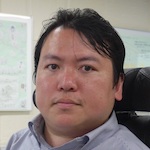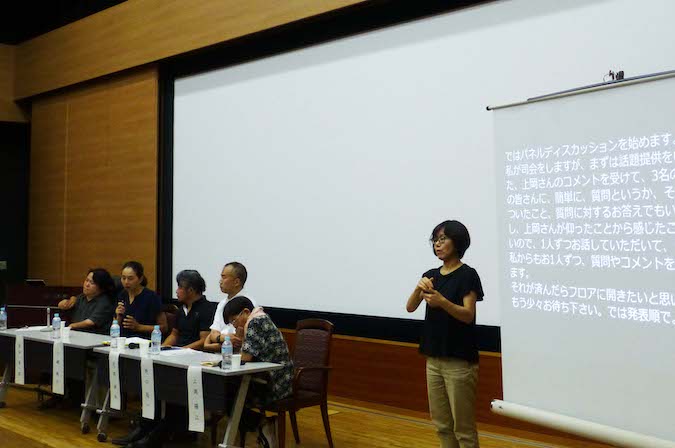The bright and dark sides of the Olympics and Paralympics As highlighted through discussions with top athletes and astronauts

Research, education and legacies related to the sporting event
The Olympic and Paralympic Games will be held in Tokyo for the first time in more than half a century. The University of Tokyo, which is also located in the metropolis, has a long history of involvement with the Games. As you learn about UTokyo’s contributions to this global sporting event, the blue used in the Olympic and Paralympic emblem may very well start to take on the light blue hue of the University’s school color.
| Tojisha-Kenkyu |
The bright and dark sides of the Olympics and Paralympics
As highlighted through discussions with top athletes and astronauts
 Shinichiro Kumagaya Shinichiro KumagayaAssociate Professor, Research Center for Advanced Science and Technology |

“After retiring from my sports career, I had flashbacks from those days that gave me chest pains.”
“Society attaches labels that suggest top athletes and people with disabilities alike should be like saints.”
“After returning to Earth from my space flight, I could not decide whether I was still the same person I had been before.”
In July 2018, the Research Center for Advanced Science and Technology held a symposium on the theme, “Returning to everyday life: Tojisha-Kenkyu [self-directed research] of athletes and astronauts.” Participating speakers included former Japan national basketball team member Noriko Koiso, former Paralympic wheelchair marathon racer Nobukazu Hanaoka, former astronaut Soichi Noguchi, and Harue Kamioka, from DARC (Drug Addiction Rehabilitation Center) Women’s House, a facility that helps patients recover from substance use disorders. These speakers opened up and shared their views regarding their intense feelings of loss and difficulties re-adapting to daily life after their experiences with Olympic and Paralympic competitions, space flight, and other extreme conditions.
Planning for this symposium was handled by Associate Professor Shinichiro Kumagaya, a specialist in Tojisha-Kenkyu. He assumes that the experiences of tojisha (stakeholders) themselves, their awareness of problems, and their admissions of weaknesses could be useful as scientific evidence, and in that context has collaborated with a variety of individuals with disabilities as well as individuals who have experienced symptoms of drug dependence.
With the Tokyo 2020 Olympic and Paralympic Games just around the corner, Kumagaya has sounded an alarm, warning that over-glorification of the Games may spur the “radicalization of the meritocracy.” It is important to realize that it is precisely the meritocracy or the emphasis on ability that causes people with disabilities so much pain and grief. Furthermore, Kumagaya maintains that top athletes deserve more than short-term interest in their efforts to win medals; we should also consider providing them with the long-term, holistic support they need.
“Athletes become targets of bashing whenever they express even the smallest indication of discontent. However, with all the enthusiasm surrounding the upcoming Games, shouldn’t we be giving their feelings more consideration?”
* This article was originally printed in Tansei 40 (Japanese language only). All information in this article is as of March 2020.






